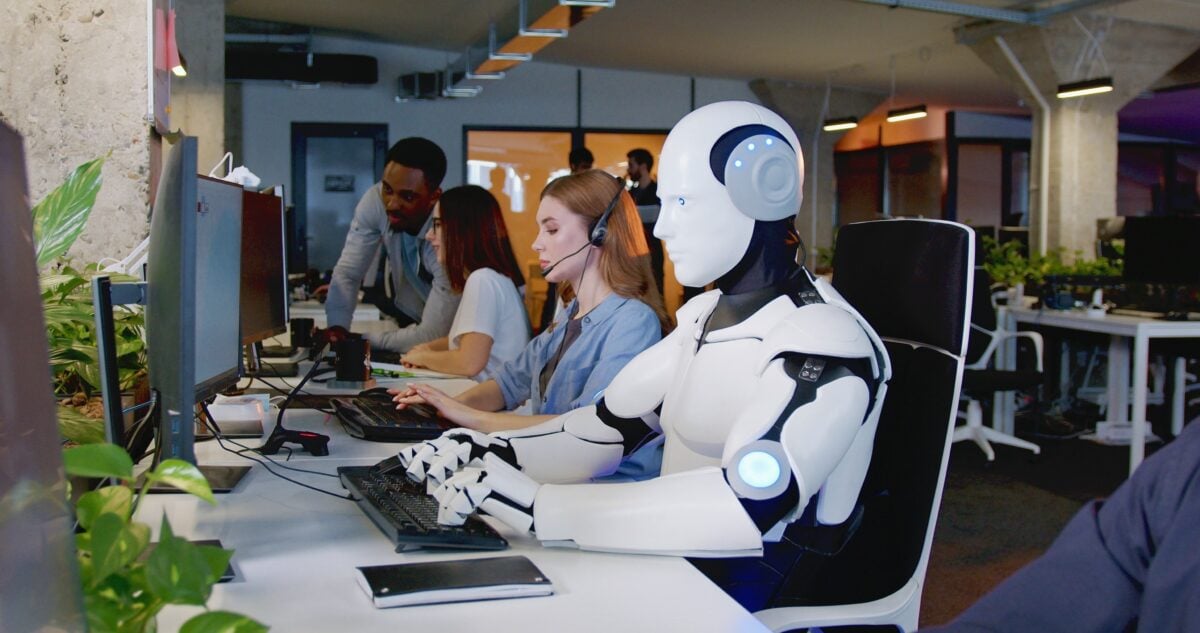TLDRs:
- US computer science graduates face record unemployment rates as AI automates many entry-level coding jobs.
- Enrollment in computer science programs has doubled since 2014, but job openings for new grads are shrinking.
- Big Tech layoffs and AI tools are reshaping the industry, favoring experienced professionals over new entrants.
- Universities and companies are pivoting to AI training programs, but the “experience gap” remains a major hurdle.
The once-booming career prospects for US computer science graduates are facing an unprecedented downturn, as artificial intelligence (AI) automation and widespread layoffs reshape the industry.
While the number of students pursuing tech degrees has more than doubled over the past decade, the job market they now face is increasingly competitive.
According to the Computing Research Association, undergraduate enrollment in computer science programs surged to over 170,000 in 2024, compared to just 80,000 in 2014. Yet Federal Reserve Bank of New York data reveals that unemployment among recent computer science graduates aged 22–27 has climbed to 6.1%, and engineering majors face an even steeper rate at 7.5%. These figures are more than twice the unemployment rates for biology or art history graduates, defying long-standing assumptions about tech career security.
AI Automation Targets Entry-Level Roles
The reversal in fortunes is dramatic. For decades, computer science graduates enjoyed some of the lowest unemployment rates of any profession, driven by labor shortages and relentless demand from the early internet boom to the mobile revolution. As recently as 2002, Stanford researchers noted “intense recruiting efforts and high salaries” for software engineers.
Today, however, fresh graduates are sending out hundreds of job applications without success. Major tech employers like Amazon, Intel, Meta, and Microsoft have announced job cuts in recent months, leaving fewer openings for entry-level workers.
The rise of AI programming tools is accelerating the shift. Tasks that once formed the backbone of junior developer roles can now be automated in minutes. This trend is creating a two-tier workforce where experienced developers leverage AI to boost productivity, while entry-level positions disappear entirely.
Industry and Government Push AI Training Initiatives
Industry leaders and policymakers are responding with new initiatives aimed at retraining the next generation of workers. Microsoft has pledged $4 billion in technology and funding to provide AI-focused training for students and professionals. Meanwhile, the Trump administration has rolled out a national AI action plan to prepare the workforce for rapid technological change.
However, bridging the “experience gap” remains a daunting challenge. While early-career tech workers can still earn a median salary of around $80,000, the barrier to entry is growing taller.
Without access to entry-level roles, many graduates risk being shut out of the industry before they can build the advanced skills that AI cannot replace such as system architecture, large-scale integration, and complex problem-solving.
Some universities are beginning to adapt, incorporating AI literacy and human-AI collaboration skills into computer science curricula. The hope is that graduates will emerge not only as coders, but as strategic technologists capable of working alongside AI rather than competing with it.
Adapting to a New Reality in the Job Market
The current disruption may ultimately reshape higher education itself. Analysts predict universities will need to work more closely with employers to develop apprenticeship-style programs, giving students hands-on experience in AI-assisted environments. Companies, in turn, may need to rethink their hiring practices to avoid creating an entire generation of underemployed tech graduates.
That said, the graduates who adapt fastest to this reality, mastering both technical and AI-enhanced skills, will be the ones most likely to secure a place in the industry’s future. Those who rely solely on traditional coding skills risk being left behind in an increasingly automated world.







